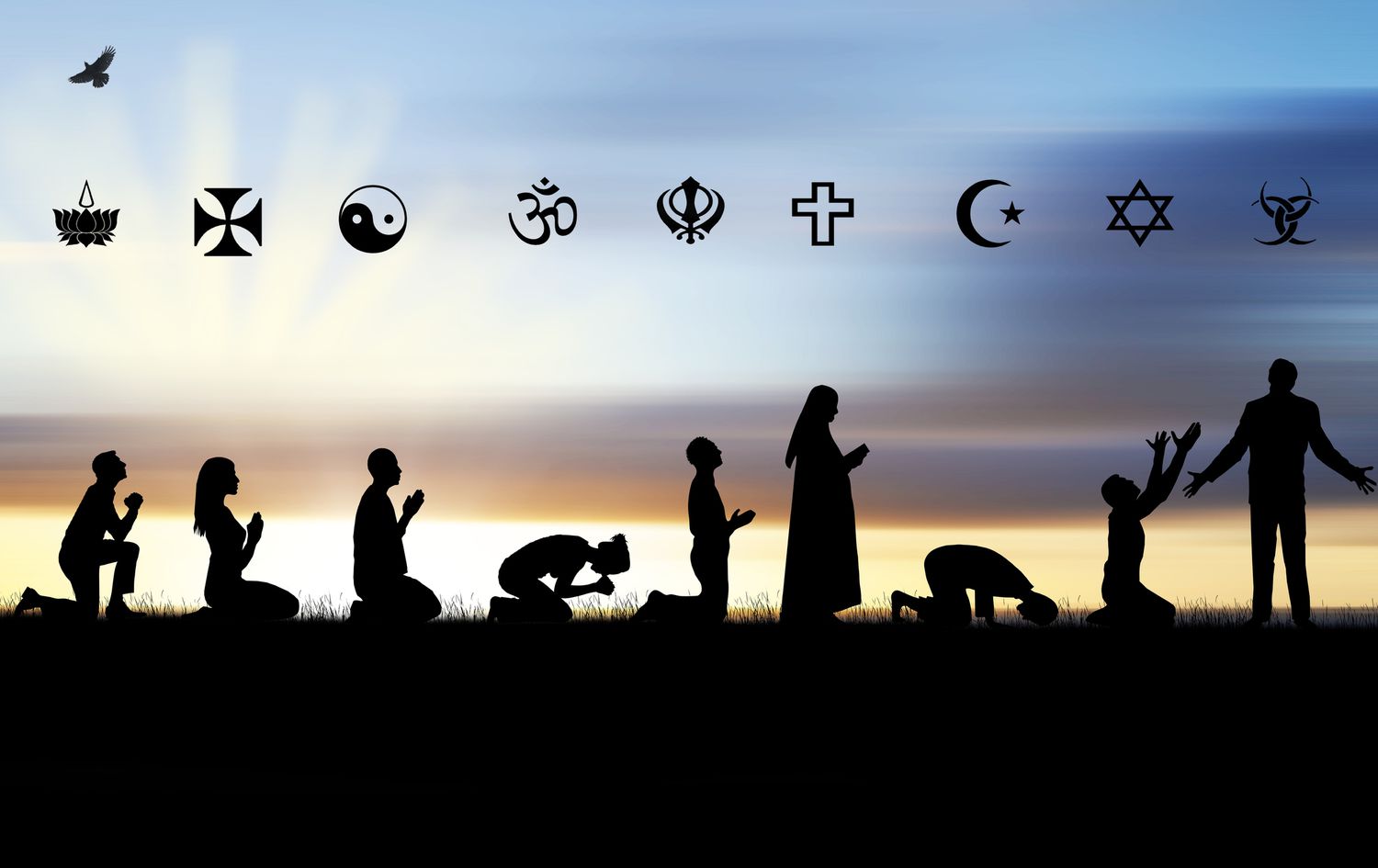The question of who is the most powerful god in all religion prompts a fascinating exploration of the diverse interpretations of divinity across cultures. Each religion presents its own understanding of supreme power, whether through a singular omnipotent being or a pantheon of deities with varying influences. This article delves into the notion of divine supremacy, considering attributes, roles, and the impact of these gods within their respective traditions.
Monotheistic Perspectives
1. Abrahamic Religions
In monotheistic faiths such as Judaism, Christianity, and Islam, the concept of God is centered on a singular, all-powerful being who is the creator and sustainer of the universe.
- Judaism: In Judaism, God (YHWH) is considered all-powerful, transcendent, and immanent. The Hebrew Bible describes God as the creator of heaven and earth, emphasizing justice, mercy, and omniscience. The Shema, a central declaration of faith, asserts the oneness of God: “Hear, O Israel: the Lord our God, the Lord is one” (Deuteronomy 6:4). In this context, one might argue that YHWH represents a strong candidate for who is the most powerful god in all religions.
- Christianity: Christians view God as not only powerful but also loving and personal, manifested in the Trinity: the Father, the Son (Jesus Christ), and the Holy Spirit. Jesus’s resurrection is often cited as the ultimate demonstration of God’s power over life and death, further solidifying the belief in a supreme divine presence.
- Islam: In Islam, Allah is the Arabic term for God and is described as all-powerful, all-knowing, and merciful. The Quran emphasizes Allah’s sovereignty over all creation, stating, “Indeed, His command, when He intends a thing, is only that He says to it, ‘Be,’ and it is” (Quran 36:82). In Islamic belief, Allah embodies absolute power and justice, reinforcing the idea of who is the most powerful god in all religions.
Polytheistic Perspectives
In contrast, polytheistic religions feature multiple deities, each with unique powers and responsibilities, complicating the notion of the “most powerful god.”
2. Hinduism
Hinduism, one of the oldest religions, has a rich tapestry of gods and goddesses, with Brahman often considered the ultimate reality. Brahman is an abstract concept representing the source of all existence. Within this pantheon, deities like Vishnu, Shiva, and Devi hold significant power.
- Vishnu, known as the preserver and protector, incarnates in various forms (avatars) to restore cosmic order. His central role illustrates divine intervention, suggesting he could also be considered among the most powerful gods in Hindu belief.
- Shiva, the destroyer and transformer, embodies the cycle of creation and destruction, showcasing both creative and destructive power. This duality raises questions about who truly embodies the most power within Hinduism.
The complexity of Hinduism allows for a nuanced view of divinity, where the “most powerful” may depend on individual devotion and context.
3. Greek Mythology
In ancient Greek mythology, Zeus is often regarded as the king of the gods, ruling over Mount Olympus. He wields thunderbolts and embodies authority, justice, and order. Yet, the Greeks believed that even Zeus was subject to fate, highlighting a shared power dynamic among various deities.
Indigenous and Eastern Traditions
Indigenous religions often feature powerful spirits connected to nature and the land, emphasizing the sacredness of the environment. Here, the concept of the most powerful deity may be less pronounced; power is distributed among various spirits and ancestors who guide and protect communities.
In Buddhism, the focus shifts from gods to enlightenment. While some celestial beings exist, the ultimate goal is to attain Nirvana, transcending the cycle of suffering. This interpretation of power emphasizes personal spiritual development over divine authority, differing from the question of who is the most powerful god in all religions.
Conclusion: The Nature of Divine Power
The exploration of who is the most powerful god in all religions cannot yield a definitive answer. Each tradition offers unique insights into the nature of divinity, power, and the relationship between the divine and humanity. In monotheistic religions, the emphasis is on a singular, omnipotent God, while polytheistic and indigenous traditions celebrate a diverse array of deities and spiritual forces.
Ultimately, the understanding of divine power reflects broader cultural values, historical contexts, and spiritual beliefs. Whether one seeks an all-powerful God, a pantheon of deities, or a personal spiritual journey, examining these divine figures reveals humanity’s quest for connection, meaning, and understanding within the universe. Each interpretation enriches the dialogue about who is the most powerful god in all religion , showcasing the diversity of human belief and experience.



